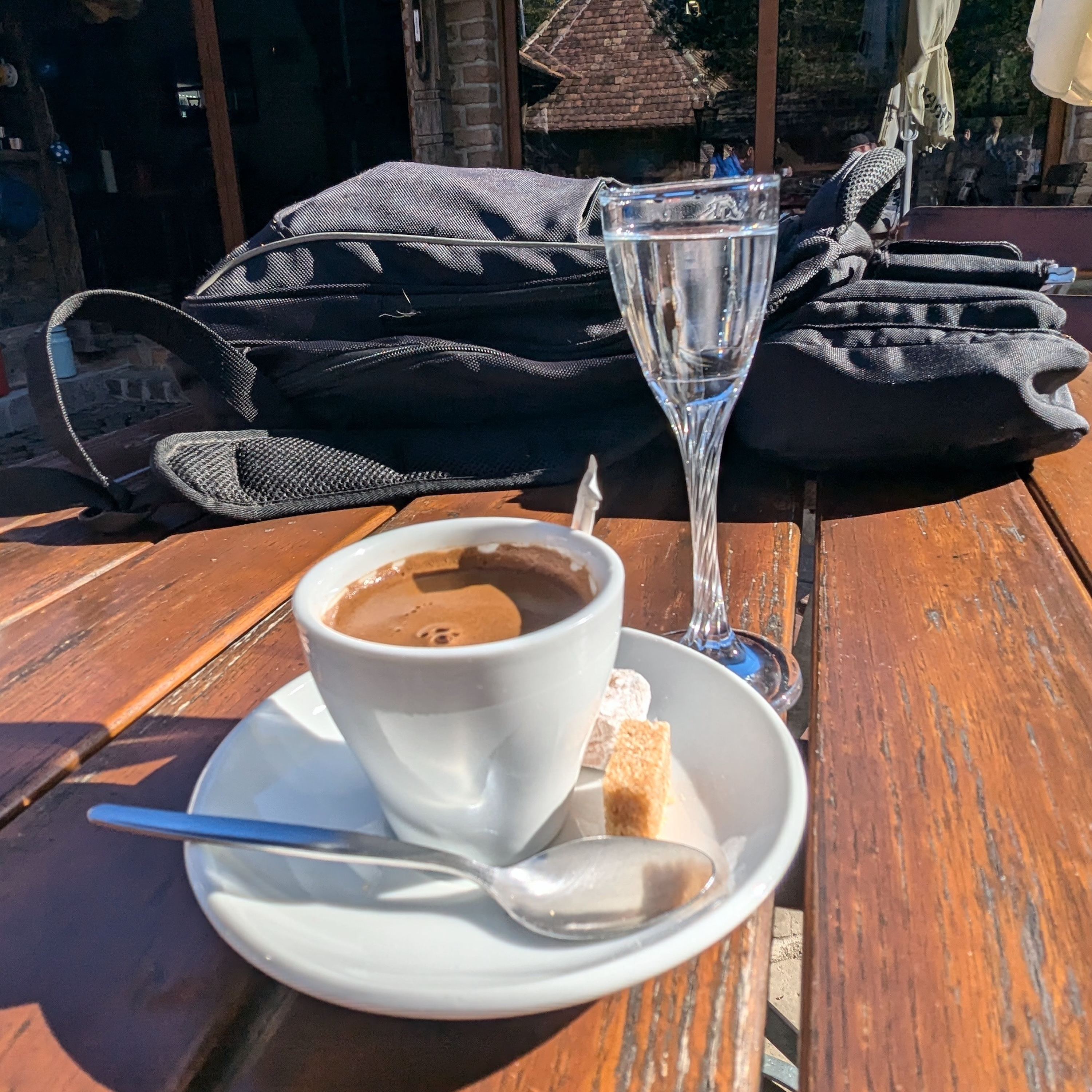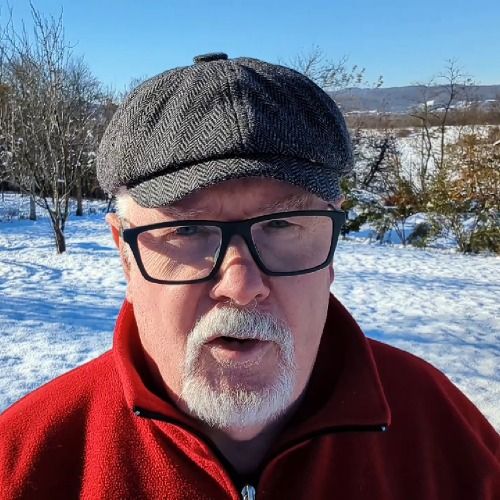Living in Croatia with Mark Whitfield - Part 1
Welcome to this edition of "An Englishman in the Balkans," where I am starting a micro-series about life in Croatia through the eyes of another Englishman, Mark Whitfield.
This is the first instalment of a three-part series, where I’ll be finding out about . Marks decision to make Croatia his new home, learning about the intricacies of setting up a business in Croatia, with some valuable insights and practical tips, and hearing Marks anecdotes from his first two years as a business owner.
You can find out more about Mark's Glamping business in Štrigova Croatia HERE.
I hope that this micro-series will give let you experience another aspect of life for “foreigners” who choose to make this region their home.
Thank you for being a part of our podcasting community, and we look forward to bringing you more exciting content in the future.
You can support my work, by maybe leaving a Tip or by becoming a member of our podcast family at:
https://anenglishmaninthebalkanspodcast.com/support
Get full access to 🏴 An Englishman in the Balkans Blog 🇧🇦 at www.anenglishmaninthebalkans.com/subscribe
This is a public episode. If you’d like to discuss this with other subscribers or get access to bonus episodes, visit www.anenglishmaninthebalkans.com/subscribe
Mentioned in this episode:
Tamara Intro Tip




